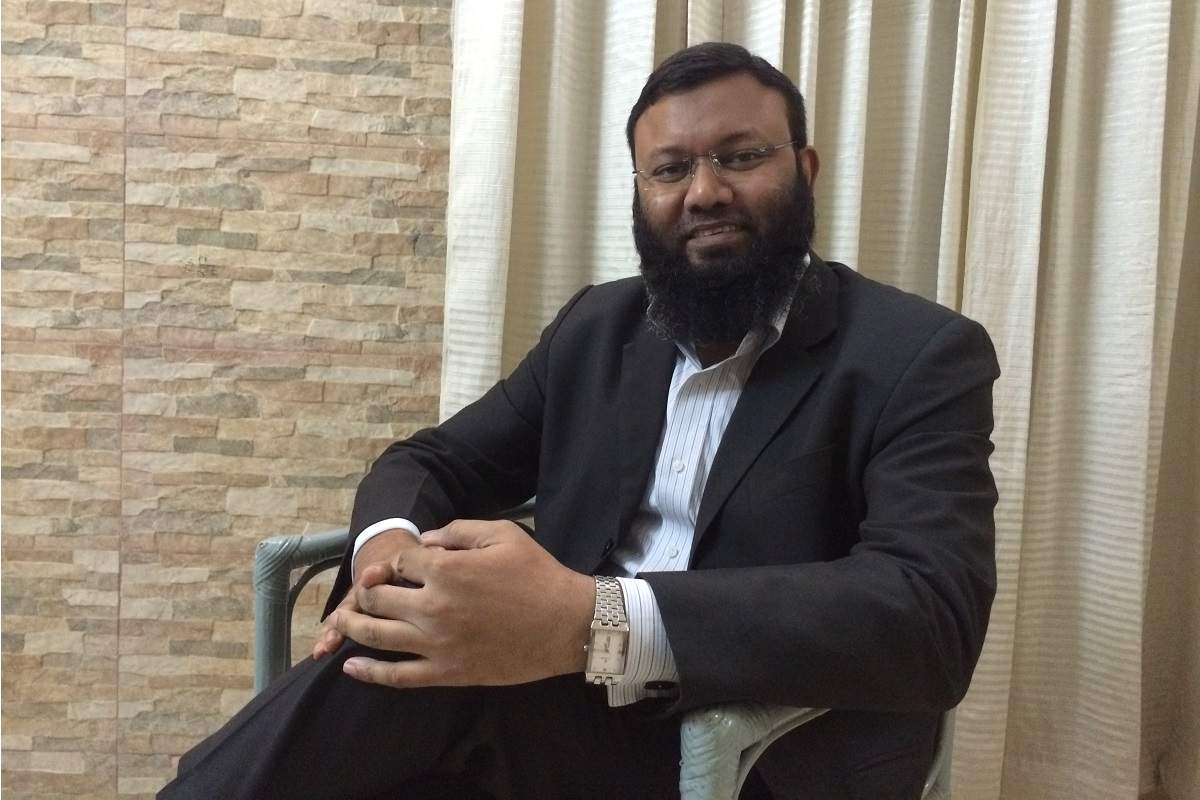
Doctorola raised BDT 20 million from BD Venture in 2015 and is one of the very few local companies to receive investment from a local VC firm.
How to rais money is a common question among startups in Bangladesh and there is no one size fit for all. However, we can definitely learn from people who have walked the path before us and have experience of raising investment.
Recently, we asked Mohammad Abdul Matin Emon, Founder, and CEO of Doctorola, about his experience of raising money and tips he has to share with startups in Bangladesh. What follows is a lightly edited transcript of our conversation.
Mohammad Abdul Matin Emon, Founder, and CEO of Doctorola on raising investment:
[su_divider top="no" text=" " divider_color="#adacab" link_color="#edde29" size="1"]
The common things
There are few things about raising money that has already become a formula i.e. traction, team, founders, market size and few other things.
You also need an effective pitch deck that can grab the attention of investors within the first few seconds of your presentation. Then pitch deck should contain a lucrative ROI scenario for the investor.
[su_divider top="no" text=" " divider_color="#adacab" link_color="#edde29" size="1"]
ROI and Exit
To my understanding, ROI can come in two forms: in the form of dividend or profit sharing or in the form of value during exit. It is important to show your investor how you plan an exit. All of these are common things, universal and applicable to anyone trying to raise money.
Now the question is how to do it in Bangladesh?
From my own experience I can tell, Bangladeshi investors consider few things that are unique to our context and different from those of international investors.
After talking to VCs from both Bangladesh and outside of Bangladesh, I have come to realize that there is a fundamental difference in how these two operates.
[su_divider top="no" text=" " divider_color="#adacab" link_color="#edde29" size="1"]
Major two concerns of Bangladeshi Investors
Bangladeshi VCs ask some questions that international VCs probably don't worry that much. For instance, local VCs are concern about copycat culture that we have and essentially ask the question that, ‘if someone else start the same business tomorrow how you would tackle that?’
This is a common worry in Bangladesh. Especially for internet based businesses because there are too many copycats.
Investors want the assurance that you understand this challenge and that there is something in your business that can’t be replicated easily and that can outperform any copycat that might appear in the market.
Investors want to know that your business has something that is future proof and can sustain competition. For Bangladesh market, this is a very valid fear.
So a founder must think about core competence of his/her business that can’t be replicated and communicate it with the investor. Something that is difficult to replicate. You have to show the maturity and convince the investor that you have already thought through few ideas to outperform any competition that might come.
[su_divider top="no" text=" " divider_color="#adacab" link_color="#edde29" size="1"]
Long-term commitment
The second one is applicable for everyone but particularly important for Bangladesh market. After talking to many investors I have come to realize that investors fear the lack of long-term commitment from the founders.
A startup is challenging journey and incredibly hard to build. So pursuing it for a longer term is a big thing. It is important for founders to have a long-term commitment to pursue startup challenge. Startup founders should really possess this level of commitment and at the same time communicate that commitment.
Building a startup is often hard and people give up when days become difficult but that’s not how you build a company.
You get to stick to the idea and work hard. Investors want to see how do you plan to tackle difficult time and how committed you are to pursue a difficult idea for a longer period of time.
These two things should be addressed in pitch deck so that you address all the worries of a local investor.
Note: Interview by Ruhul Kader, Transcription by Ibrahim
______________
About the sponsor: This story is made possible in part by our friends at eCourier Limited, a next generation logistics company based in Dhaka, Bangladesh, whose generosity enables us to publish premium stories online at no cost to our readers. Thank you, eCourier, for teaming up with us in 2016.
